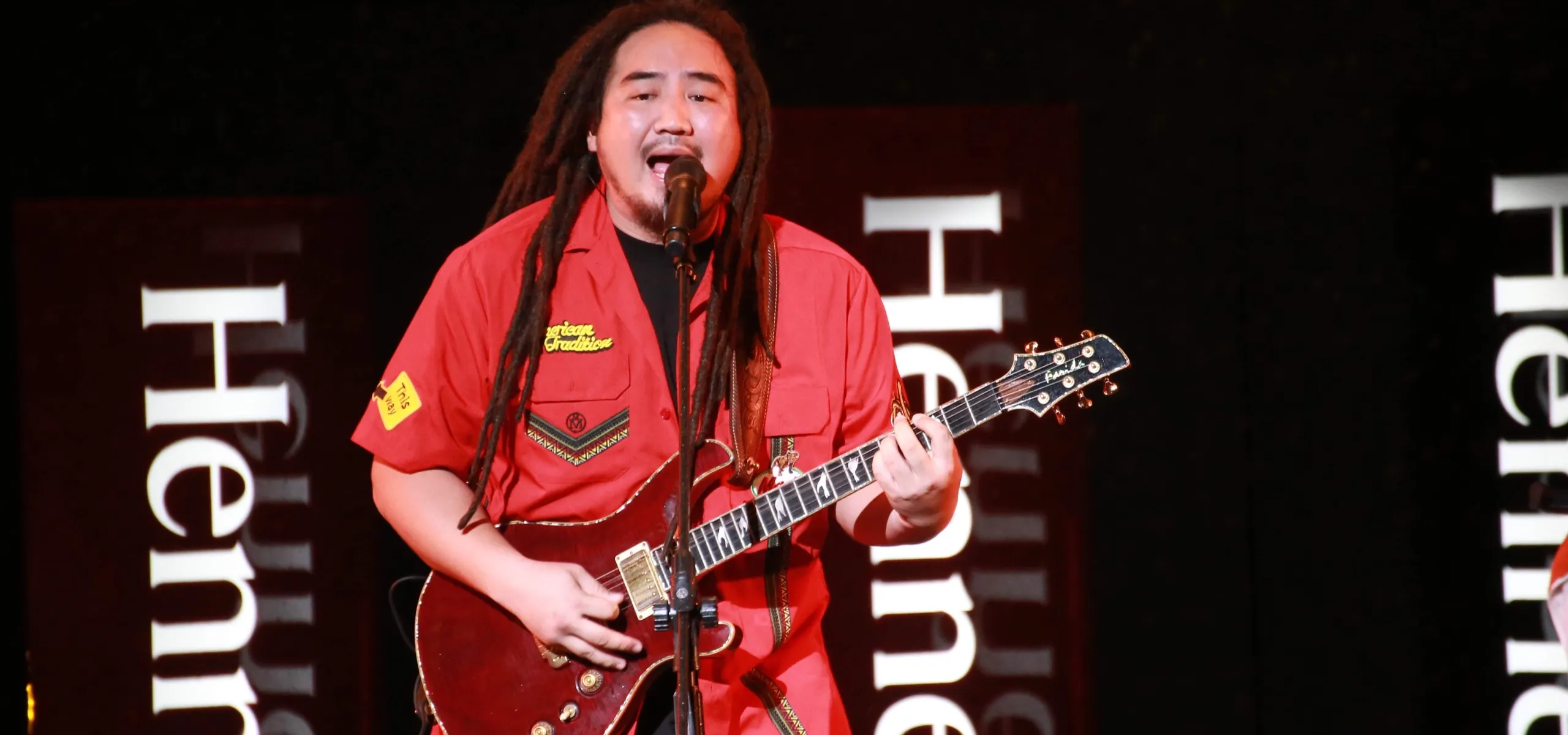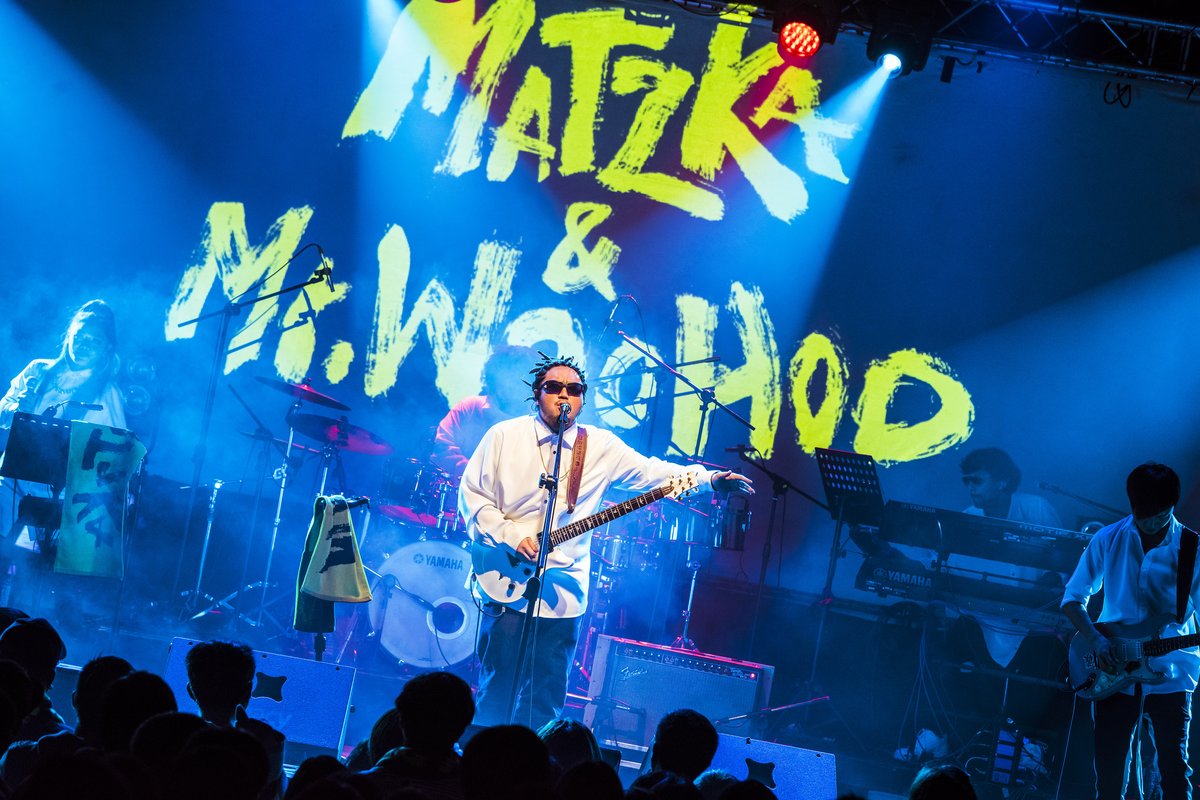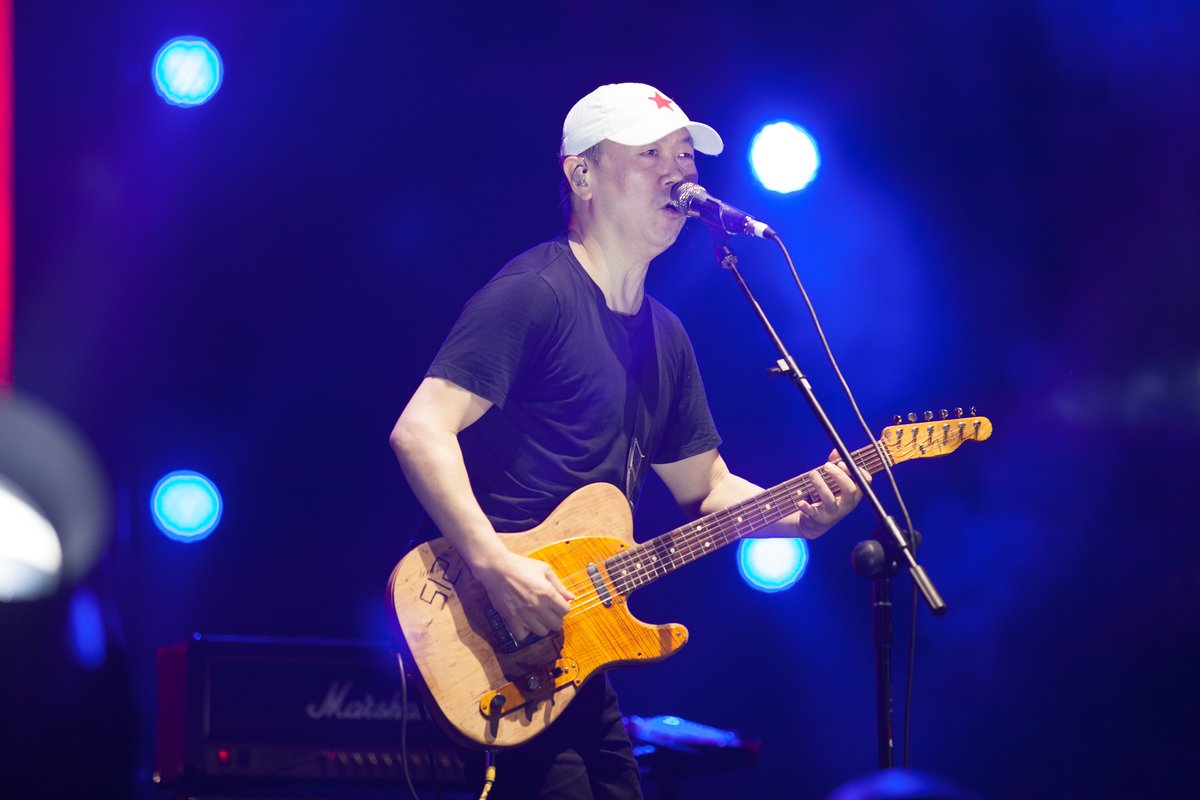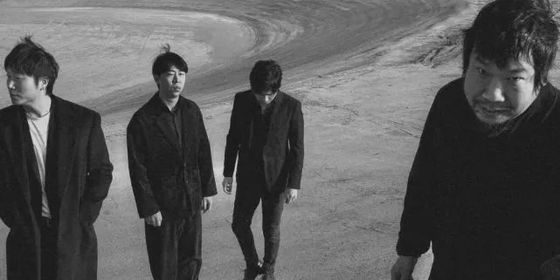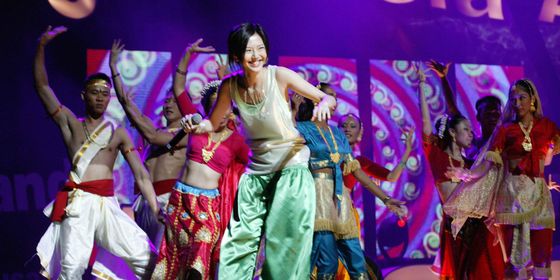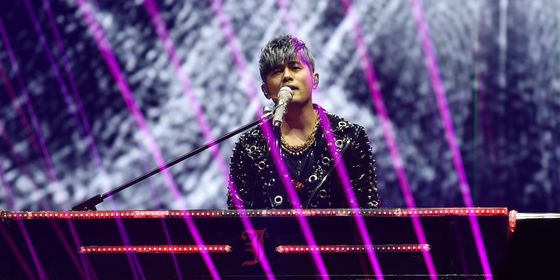Musicians of various ethnic backgrounds find resonance in reggae—and in its cultural relevance
Critically acclaimed Taiwanese reggae artist Matzka has declared on various occasions that his affinity with reggae was born entirely by chance. The Paiwanese indigenous artist who hails from the southern region of Taidong burst onto the scene in 2009 after winning the Taiwan Music Competition and Songwriting Contest for his tune “Mado Vado.” With a sound unlike anything else that existed in the Mandopop scene at the time, Matzka was lauded by critics and wider audiences alike for his hearty vocals, laid-back swagger, and Rastafarian spirit.
He hasn’t looked back since. Multiple awards and nominations later, the playfully gruff singer shows no sign of slowing down, releasing two albums this year; the first titled The Playbacks (《事情是这样的》) and the second Cinevuan.
Yet it may come as a surprise that this reggae rock star was initially unaware his early music belonged to a genre called reggae. For Matzka, this strange affinity felt like destiny. He had never listened to any reggae bands, not even Bob Marley. “The first time I wrote, I used my mother tongue,” Matzka tells TWOC. “Only after I wrote it [Mado Vado] everyone told me that it was more toward the reggae genre, and that was the first time I learned about reggae music.” Indeed, Matzka’s rough-round-the-edges, straight-talking humor and warmth fits perfectly with the groovy, chill vibes of reggae music. He embraced the genre, incorporating themes of everything from his heritage to his love life and even his gaming addiction.
For some regions and ethnicities in China, reggae strikes a chord, either through environment or circumstance. Despite being niche, its strong base of fans and creatives testifies to the country’s rapidly diversifying tastes in music, while its influence can be detected in some of China’s biggest acts of the last three decades.
In fact, China’s connection to reggae goes back to the popularization of the genre in Jamaica and then abroad from the 1960s to 1980s. Born out of the turbulent sociopolitical conditions of Jamaican national identity and the tortured road to independence from Britain in 1962, and rooted in Rastafari, a religious and political movement which emerged in Jamaica in the early 20th century and is grounded in a pan-African identity, reggae eventually became recognized by its unique rhythmic patterns and laid-back sound inspired by calypso, American soul music, and R&B.
Chinese-Jamaicans, many of whom first migrated to the island nation from the 1920s to the 1940s and established retail businesses there, played a vital role in taking the genre global. Producers like Byron Lee and Leslie Kong propelled some of reggae’s biggest names to international stardom (the latter discovering Jimmy Cliff and Bob Marley, while recording some of The Maytals’ greatest hits).
As the genre grew in popularity, Chinese musicians began to take note. Its first appearance is widely regarded as Taiwanese rock legend Lo Ta-Yu’s 1983 song “Pedantry.” The rock scene became a hotbed for reggae in China through the 1980s and 1990s, boosting the genre’s appeal. Beijing’s godfather of rock Cui Jian folowed suit, releasing “Do it All Over Again (从头再来),” a cynical take on the modernizing Chinese society, on his iconic 1989 debut album Rock 'n' Roll on the New Long March (《新长征路上的摇滚》). In 1994, Dou Wei, Zhang Chu, and He Yong, often referred to collectively as the “Three Heroes of Magic Rock,” all released albums incorporating a reggae-inspired track. Xie Tianxiao, also known as XTX, released an EP titled “Guzheng Reggae” in 2009, fusing traditional Chinese elements with reggae backbeats and instrumentations.
A handful of bands cropped up in the late 2000s and 2010s, like Taiwan’s Skaraoke (2007) and Matzka (2009), Yunnan’s Kawa (2015), and Beijing’s Long Shen Dao (2007).
Some have enjoyed considerable success. Long Shen Dao, for example, has headlined some of the biggest festival stages worldwide (Abi Reggae, Glastonbury Festival, Strawberry Music Festival). While their digital presence remains relatively small (in the tens of thousands of followers on Netease and Weibo) they have still managed to carve a niche for themselves within the wider live music space, reflecting an increasingly vibrant independent scene.
“It definitely is a niche area still,” says Terence Hsieh, a musician and producer of Matzka’s album The Playbacks. “[But] if you listen to Cui Jian’s [2005 album] Show Your Color (《给你一点颜色》), there’s a strongly identifiable groove” that has all the hallmarks of reggae.
In Taiwan, reggae is a “small but vibrant part of the music scene,” according to music journalist Alex Lee, who lived on the island from 2011 to 2016. “Reggae is not commonly heard on mainstream radio in Taiwan but retains an appeal due to the island feel that Taiwan has, especially on the east coast…where the pace of life is definitely slower.”
Matzka suspects his environment and upbringing had a part to play in the shaping of his musical vocation, listing the mountains, the sea, and the heat as factors. “Most of my works are more celebratory, more rhythmic, groovier. People feel it’s island-inspired or Latin-influenced.”
The island’s diverse and eclectic music scene has produced acts who still regularly incorporate reggae into their music, including rapper Leo Wang who notably incorporated a fusion of reggae and hip hop into his award-winning 2018 album Wu Bing Singing, Yo Chin Soothing, and singer-songwriter Karencici who often infuses dancehall and reggaeton elements throughout her sultry, tongue-in-cheek concoctions.
In big cities on the Chinese mainland, reggae is often found wedged into global music segments featuring everything from Brazilian baile funk to afrobeats that attract international audiences. But reggae also thrives in Yunnan province. In a 2016 master’s thesis titled “Yunnan Reggae: Music and Politics” submitted to the University of Missouri-Columbia, Meng Ren interviewed Yunnan reggae band Kawa, who identify as part of the Wa ethnic minority, and drew many similarities between their experience as an indigenous population and the struggles of Jamaicans during colonization which partly gave birth to reggae.
“The mountainous landscape and subtropic climate create geographical similarities between Yunnan and Jamaica, further enriching the soil for Yunnan reggae to flourish,” Meng wrote. Through interviews with Kawa’s lead singer, Lao Han, Meng discovered “striking musical similarities between Wa ethnic music and roots reggae in rhythm, pace, and instrumentation,” which she attributed to the Wa people’s connection to nature mirrored in Rastafarianism.
Meng also argued that modernization and the erosion of Wa traditions—for example, the turning of agricultural communities into tourist towns to attract visitors and development—drove similar music responses as those from the Rastafarians in 20th century Jamaica.
Indeed, researcher Steven Feld found in 1995 that indigenous cultures have a natural affinity with reggae music because of its theme of rebellion and similarities to ethnopop (a genre combining modern pop and elements from different ethnicities), which may in part explain why Matzka was subconsciously drawn to reggae.
Matzka’s new album Cinevuan, released in June this year, is his first recorded entirely in his mother tongue. It expresses similar tensions in his home Paiwan community between traditional and modern society, for example, the diminishing position of tribal leaders in a modern societal structure. “What I wanted to express is that going home isn’t as romantic and chill as others think,” he tells TWOC.
While Matzka’s career since “Mado Vado” has seen him experiment with soul and dancehall, and all manner of genres and experimental sounds, he always comes back to the beats that he believes best capture the essence of his home. And while reggae remains niche in China, artists like Matzka are still pushing its laid-back sound as far as it can go: “Don’t assume that I’m done with the genre,” he says when asked if his music is moving in another direction. “I’m still very reggae.”
Written by Jocelle Koh
This story is published as part of TWOC’s collaboration with Asian Pop Weekly.





